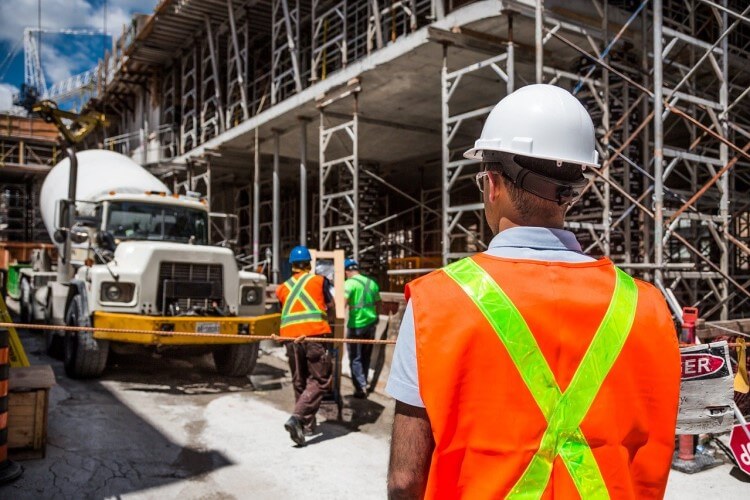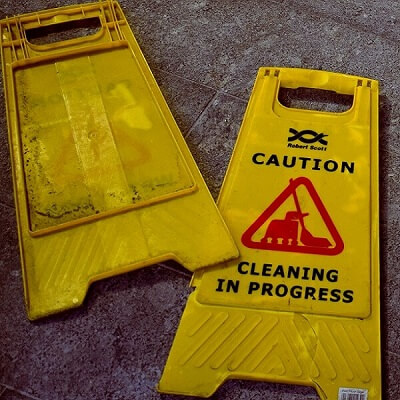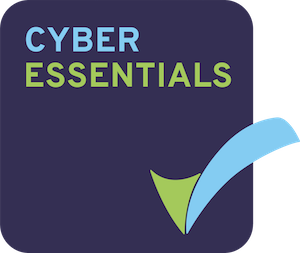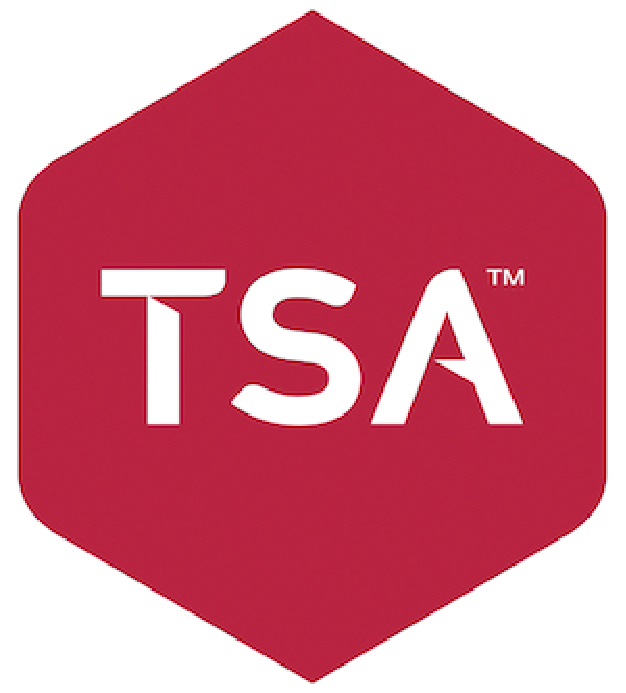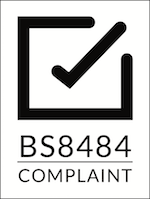In any workplace, it is crucial that your employees are kept safe. This means being aware of the hazards they may face and acting to address them. For lone workers, especially, it is important to do everything practicable to eliminate risks. One industry that employs lone workers is retail. This article will look at the lone worker hazards in the retail industry and what you can do to address them.
Lone Workers in Retail
When you think of retail work, you may not see employees as lone workers. However, under the legal definition of a lone worker, more retail workers are included than you may realise. According to the Health and Safety Executive (HSE), a lone worker is someone who:
“…work[s] by themselves without close or direct supervision”.
Even if the workplace is fitted with CCTV cameras, employees stacking shelves or working at a till could find themselves unsupervised. In a busy supermarket environment, even employees separated by a single aisle may not be able to communicate.
Furthermore, lone worker roles in the retail industry can extend beyond the shop premises. Delivery drivers can also count as lone workers in retail, though we have detailed the risks faced by delivery drivers in another article.
Read More – Lone Workers: The Ultimate Guide
Lone Worker Hazards in Retail
The retail industry is home to various hazards. Some are environmental, whilst others can be caused by members of the public. Here is a list of lone worker hazards in the retail industry.
Slips, Trips, and Falls
Across all industries, slips, trips, and falls account for 37% of all reported workplace injuries. For lone workers, an accident of this kind could be particularly life-threatening, as it may be difficult for help to be received. This is especially true if they are incapacitated. Therefore, it is important to ensure that lone workers receive training to be aware of slip and trip risks. Workplaces should also be kept clean, tidy, and unobstructed to further reduce the likelihood of a slip, trip, or fall.
Read More – How to Prevent Slips, Trips and Falls at Work
Manual Handling
This is a risk that affects many workers, but this doesn’t make it any less important to be aware of. Amongst the lone worker hazards in the retail industry, this is one that can occur easily but could have long-lasting ramifications. Manual handling includes any activity that involves moving, lifting, or pushing an object. For example, stacking shelves involves a lot of manual handling. Incorrect procedures could lead to injuries, some of which can be lifechanging. Injuries to staff could also reflect poorly on the employer. Ensure appropriate training has been provided to all staff.
Read More – Manual Handling: Common Injuries & How to Prevent Them
Theft
Working in retails means handling items people want to buy. However, it can sometimes be the case that people aren’t willing to pay for goods. With around 275,000 shoplifting offences recorded in the UK in 2021/22, it is clear this is one of the more significant lone worker hazards in the retail industry. Retail workers have a responsibility to challenge shoplifters, which can result in conflict. In some cases, a brazen thief may demand money straight from a cash register. Both can be stressful and frightening experiences, especially for a lone worker.
Public Aggression
Unfortunately, thieves are not the only members of the public who can become aggressive towards staff. Over the past few years there has been a rise in incidences of violence against retail workers. It is important to stress that it is never acceptable for workers to be treated with aggression. Lone workers, especially, could be at particular risk from angry members of the public. In the interests of their safety, they should be trained how to respond, as well as being given a method of calling for help.
Read More – How to Deal with Aggression at Work
Keeping Lone Workers Safe
As an employer, you have a responsibility to look out for the wellbeing of your lone workers. This means identifying all possible hazards to their wellbeing and the ways you can reduce the likelihood of harm. This can be accomplished by completing risk assessments and providing adequate training to your staff.
Further protection can be provided by equipping your lone workers with lone alarms. With a lone alarm, your workers can call for help by pressing the button on their alarm. This puts the worker in touch with our 24/7 Monitoring Team, who then inform emergency contacts that help is required. An emergency contact will usually be a manager. In appropriate circumstances, the Monitoring Team will also alert the emergency services.
Lone alarms also come fitted with a fall detector, allowing the alarm to be activated automatically if a worker experiences a fall. This could be a lifesaving feature if they are incapacitated. Furthermore, lone alarms also come with GPS capabilities, allowing the location of your worker to be identified. This makes it easier to help to be sent directly to their location.
To find out more about the lone alarm service, read our Features page. Alternatively, you can call our helpful team on 0800 03 08 222 or contact us using our simple form.
Editor’s Note: This article was updated on 12th June 2024 to reflect current information.


